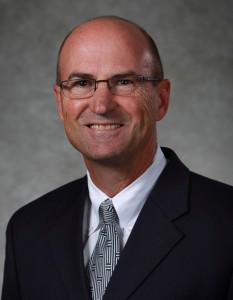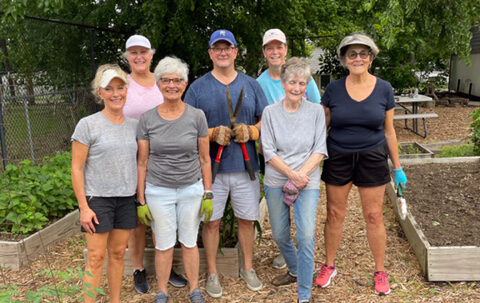Dr. Mike Graves, Scholar in Residence and Minister of Spiritual Formation
As many of you know, my title at the church is Scholar in Residence and Minister of Spiritual Formation, a title with “and” in there. But that’s not the “and” I mean to reference in the title of this article. When I think about
spiritual formation, I think naturally about how persons mature in their faith, which for me implies “and” in the process. Specifically: learning and doing.
Learning sounds like something I would stress given my 30 years of teaching in seminary. For centuries now, rabbis have claimed that an hour spent in study is an hour spent in prayer. Amen. I take seriously Jesus’ teaching that the first commandment about loving God includes doing so with our minds (Matthew 22:34-40). I also recall the biblical scholar James Sanders’ line about how he learned that the tomb was empty but his head need not be. Spiritual formation entails learning, and we have lots of opportunities to do that in our church—classes on Sunday mornings, different nights of the week, small study groups at various times, too.
Doing makes perfect sense as well. Christianity is not just a topic of study but a way of life. Scholars in spiritual formation refer to “practices,” time in prayer, meditation, volunteering at Micah Ministry to feed the poor. These are all ways to grow in faith. In that passage in Matthew’s Gospel, Jesus says the greatest commandment is to love God and neighbor, which sounds like two things, but he makes them into one. Spiritual formation entails a lifestyle, of doing things in the life of the church and working for justice in the world. We also have so many wonderful ministries for people to be involved with, Sheffield Place, Harvesters, and so on.
But for some reason, it’s easy to pick learning and neglect doing, or the other way around. I think in part it’s because of how each of us is wired. I know folks who prefer a book club over soup kitchen, and vice-versa for others.
If you’ve been pondering lately how you might grow more in your faith, here’s a modest proposal: Identify which one of these spiritualties is your natural inclination. Then find ways to get involved in the other. If you’re attracted to learning, try signing up for Grace at Work when we will take on all sorts of hand-on projects. Or if you’re into doing, try attending a class at the church, maybe the one on Monday nights in April in which we’re closely studying the Lord’s Prayer.
“And” is the key word.





